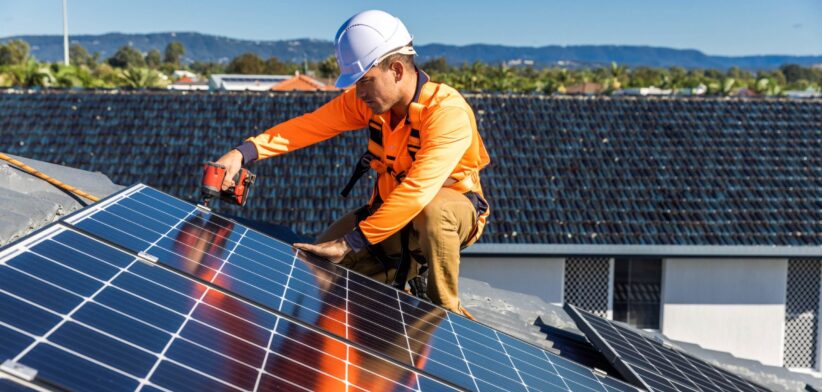Battery and solar suppliers and electricity retailers have been put on notice as the popularity of household power generation and storage increases.
As the Australian Competition and Consumer Commission (ACCC) releases it latest Electricity Inquiry Report, it has warned sales practices must meet scrutiny as demand for home batteries and solar systems jumps due to subsidy schemes and the savings households on solar and battery plans were experiencing.
ACCC Commissioner Anna Brakey said the report examined emerging markets for new electricity services, particularly those supported by solar and battery systems, and compared the electricity bills of solar and battery customers with the bills of regular customers who drew only from the grid.
Ms Brakey said the report found that the Federal Government’s Cheaper Home Batteries Program was making batteries more affordable and providing more households an opportunity to lower their electricity bills.
She said to ensure consumers received the full benefit of the Program, retailers and installers must act in the consumer’s interest.
“As more Australian households switch to battery and solar plans, it’s important that the deals on offer are fair, accurate and easy to understand.
“The ACCC will be watching carefully and actively monitoring consumer complaints. We will hold solar and battery installers, retailers and suppliers accountable to ensure they comply with Australia’s consumer laws.”
Ms Brakey said consumers looking to take advantage of the new subsidies for solar home batteries to lower their energy bills, should take their time and not feel pressured to rush in.
She said the report emphasised the complexity of investing in a solar and home battery system and the need for consumers to understand whether the benefits they received outweigh the costs, particularly when choosing system sizes.
“We believe additional consumer protections are needed as more Australians participate in markets for new and emerging energy services.”
Ms Brakey said Australian households with rooftop solar and a home battery had electricity bills that were on average 40 percent less than customers whose electricity came entirely from the grid.
She said the median annual residential electricity bill for regular users, without rebates, in the National Electricity Market in 2023 to 2024 was $1565.
“The median household with rooftop solar paid about 18 percent less ($1279 per year), while a household with solar and a home battery paid about 40 percent less ($936).”
“Home solar and batteries continue to be a compelling option for Australians who can afford the upfront cost.”
Read the report: Electricity market monitoring 2018-2025.








